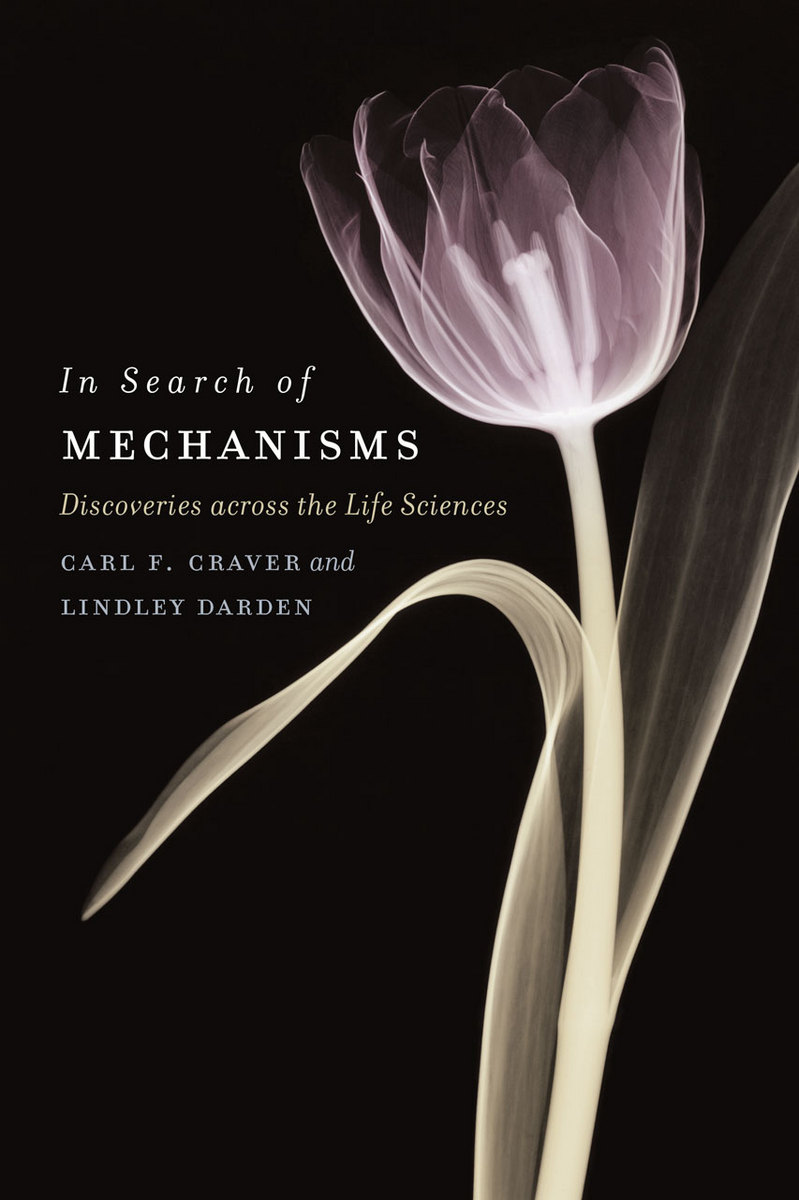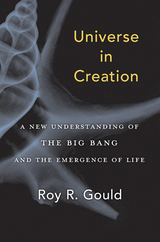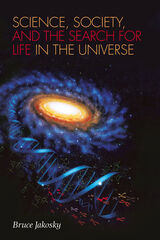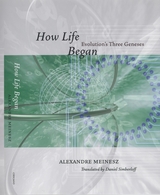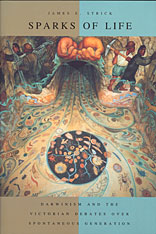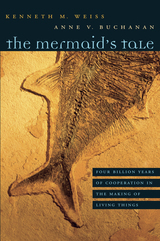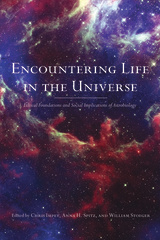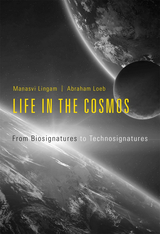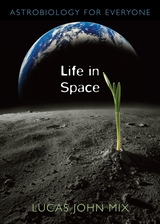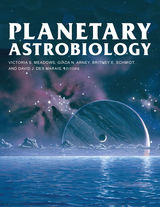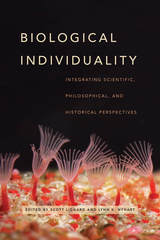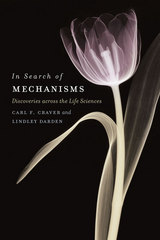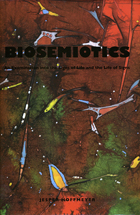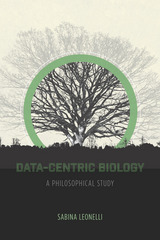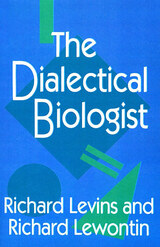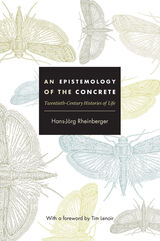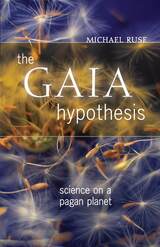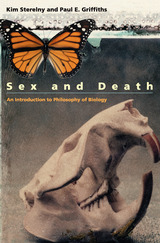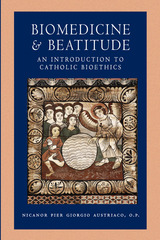In Search of Mechanisms: Discoveries across the Life Sciences
University of Chicago Press, 2013
Cloth: 978-0-226-03965-7 | Paper: 978-0-226-03979-4 | eISBN: 978-0-226-03982-4
Library of Congress Classification QH331.C898 2013
Dewey Decimal Classification 146.6
Cloth: 978-0-226-03965-7 | Paper: 978-0-226-03979-4 | eISBN: 978-0-226-03982-4
Library of Congress Classification QH331.C898 2013
Dewey Decimal Classification 146.6
ABOUT THIS BOOK | AUTHOR BIOGRAPHY | REVIEWS | TOC | REQUEST ACCESSIBLE FILE
ABOUT THIS BOOK
Neuroscientists investigate the mechanisms of spatial memory. Molecular biologists study the mechanisms of protein synthesis and the myriad mechanisms of gene regulation. Ecologists study nutrient cycling mechanisms and their devastating imbalances in estuaries such as the Chesapeake Bay. In fact, much of biology and its history involves biologists constructing, evaluating, and revising their understanding of mechanisms.
With In Search of Mechanisms, Carl F. Craver and Lindley Darden offer both a descriptive and an instructional account of how biologists discover mechanisms. Drawing on examples from across the life sciences and through the centuries, Craver and Darden compile an impressive toolbox of strategies that biologists have used and will use again to reveal the mechanisms that produce, underlie, or maintain the phenomena characteristic of living things. They discuss the questions that figure in the search for mechanisms, characterizing the experimental, observational, and conceptual considerations used to answer them, all the while providing examples from the history of biology to highlight the kinds of evidence and reasoning strategies employed to assess mechanisms. At a deeper level, Craver and Darden pose a systematic view of what biology is, of how biology makes progress, of how biological discoveries are and might be made, and of why knowledge of biological mechanisms is important for the future of the human species.
See other books on: Biology | Mechanism (Philosophy) | Mechanisms | Philosophy & Social Aspects | Search
See other titles from University of Chicago Press
